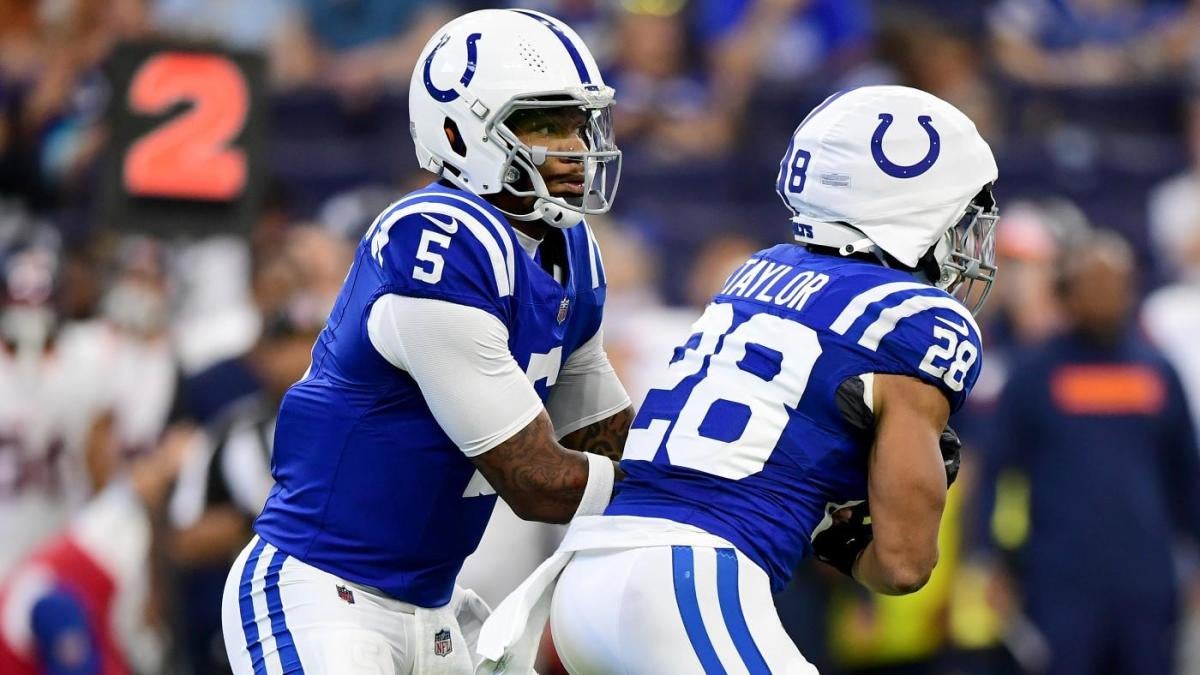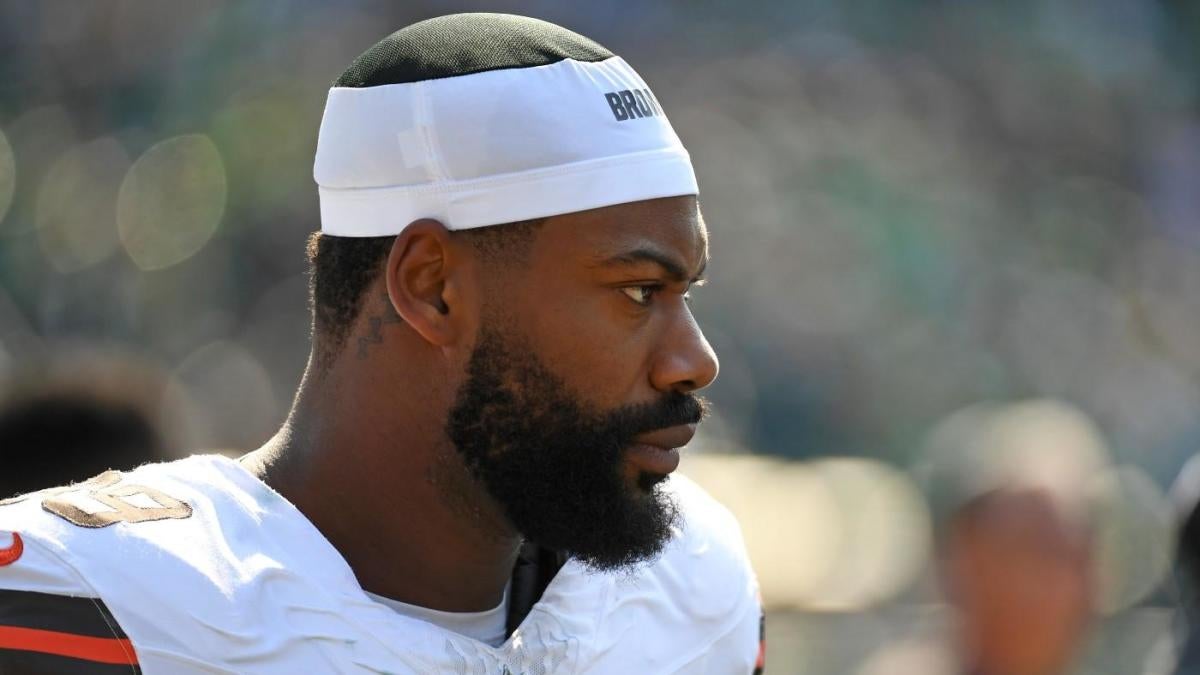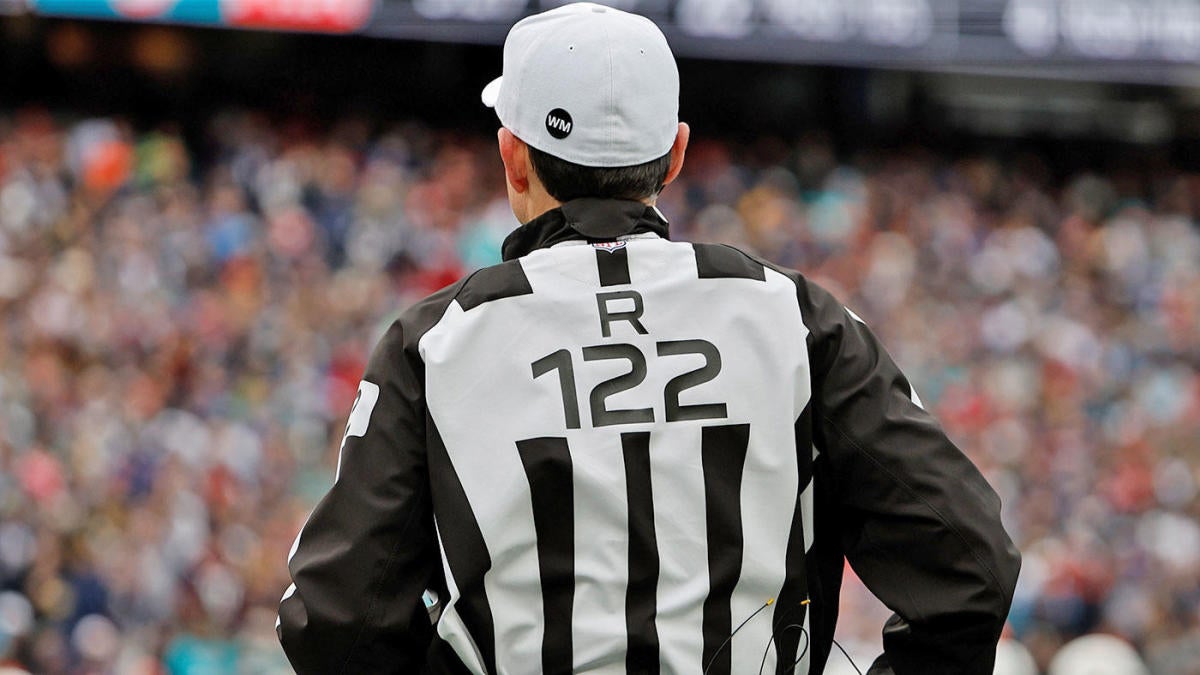Rulebook thumpers watched in awe Saturday night as Dan Lanning found a new and innovative way to manipulate the game clock in Oregon’s win against Ohio State.
It caused the NCAA to change its rules within days. As for the NFL, it rested easily.
On the type of play that wound up killing crucial time off the clock for Ohio State, the NFL already has a rule in place that wouldn’t allow it. If there are too many men on the field in a defensive formation with the clock stopped and the snap imminent, it’s a dead-ball foul. The NCAA, up until the middle of this past week, didn’t have that rule.
Under the new NCAA rule, the officials will now be able to assess the penalty yardage for 12 men on the field and restore time on the clock.
The NFL, football operations, the competition committee and coaches and staffers across all 32 teams have spent an inordinate amount of time in recent years learning new ways to manipulate the game clock. Many of the updates to the NFL rulebook in recent years have been devoted to closing any time-killing loopholes.
In 2019, Bill Belichick exposed a loophole that killed more than a minute off the clock in the fourth quarter against the Jets. He even smirked as he did it to his old team. Later that season, Mike Vrabel pulled the same trick against Belichick. And the NFL later changed the rules to prevent it from happening again.
The NFL will still allow some plays to go off with 12 men on the field, though. Aaron Rodgers is famous — or infamous, if you’re an opponent — for catching teams with too many men on the field, snapping the ball quickly and throwing on what’s essentially a free play.
The loophole Oregon exposed had a player in formation and not actively running off the field, which is why the Oregon example would be a dead-ball foul in the NFL. And NFL officials have at their disposal the opportunity to determine for themselves whether an unfair act is intentional, and then properly assess either a penalty to the offender or reward to the victimized team.
In Week 8 in Carolina, the Panthers lined up for a game-winning, chip-shot field goal against the Texans with three seconds left. Houston committed fouls on consecutive plays, either in the hopes of getting away with a defensive offsides or forcing the Panthers to eventually accept a penalty that gave them an even closer attempt — potentially messing with the angle of the kick because of its unusual proximity.
But the Texans stopped with the blatant fouls after two tries. Why? A source says the Texans were informed if they did it again, the field goal and its associated three points would be awarded to the Panthers without the need for a successful attempt.
“For successive or repeated fouls to prevent a score: If the violation is repeated after a warning, the score involved is awarded to the offensive team,” reads Rule 12, Article 2 of the 2024 NFL Rulebook.
That’s never before happened in the NFL, and perhaps it’s as close as the NFL has gotten to Dicky Moegle being awarded a touchdown in the 1954 Cotton Bowl when Tommy Lewis left the bench to tackle him.
This summer the NFL sent a memo to teams regarding the upcoming new dynamic kickoff. Teams were grappling with how to both return and defend those kicks, but that wasn’t all. Some intrepid coaches were trying to figure out ways to use the kickoff to potentially kill valuable time off the clock just like Oregon did last Saturday.
A scenario popularly floated went something like this: The kicking team had a lead with seconds remaining. As the ball is in the air but before it is touched by the return team, a player or players on the coverage team would leave the setup zone early to prevent a quality return. Though the play would draw a 5-yard illegal formation penalty, it would kill valuable time off the clock — maybe five seconds — during the return and cost the kicking team just 5 extra yards.
The NFL informed teams that if they tried that, they’d be on to them. Officials would either shut down the play entirely or let it go, then restore the time on the clock and move the kicking team back 15 yards for a palpably unfair act.
Of course, for as much as the NFL has anticipated in its rules, someone — somewhere — will eventually find the next loophole.
Go to Source
Author: Jonathan Jones
October 18, 2024 | 11:56 am

































